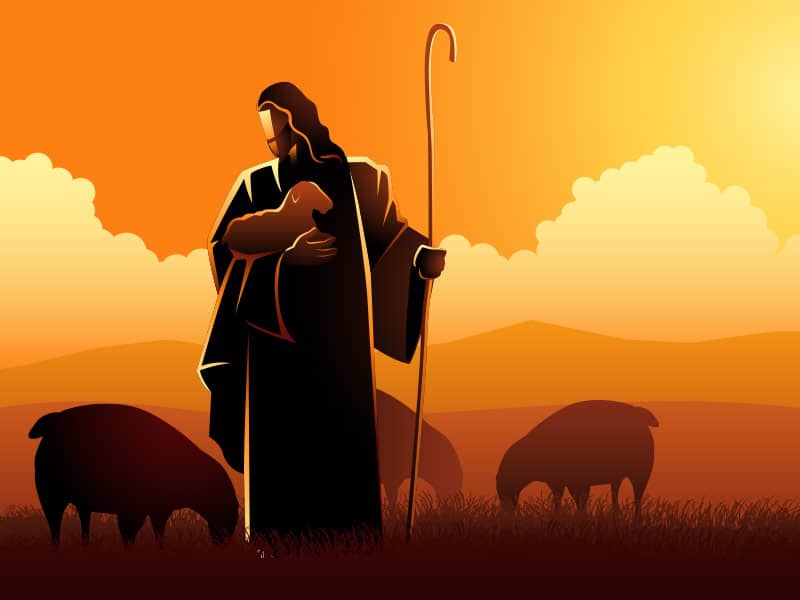Conservative Christians Rethink the Death Penalty
The Pope vs. Paragraph 2266: A Catholic defends the death penalty
Terre Haute Rakes in Cash: Making a killing off McVeigh Where Is McVeigh Going? Discuss. Bible verses about capital punishment
Death Penalty Opponents' Worst Nightmare
How McVeigh has changed the debate
 |
Should Back speak against capital punishment, which he and the Episcopal Church oppose? Should he seek prayers for McVeigh, who killed or
injured several St. Paul's regulars and did damage that closed the church for two years when he bombed the nearby federal building in 1995?
Or should Back acknowledge that, laying aside what is ''right,'' virtually ''everyone'' at St. Paul's, himself included, believes that the killer of 168
deserved to be executed?
Back decided to omit prayers for McVeigh and mention him only in passing in his sermon.
''I decided . . . McVeigh has had more of an impact on life here than he ever should have been able to make,'' Back explained later. ''Our primary
task is to call people to the world of God and away from the world of McVeigh. . . . That wouldn't be served by making (the sermon) about him.''
Timothy McVeigh's last full day on Earth fell on Sunday, and in houses of worship across the USA, clergy and the faithful tried to wring
lessons from his execution and to reconcile the colliding values of mercy and justice that his execution seemed to embody. Few found the going
easy.
At St. Mary's Episcopal Church in New York's Harlem neighborhood, the Rev. Earl Kooperkamp, the rector, called McVeigh's execution
''state-sanctioned murder.'' But he also condemned the ''sheer ugliness of what Timothy McVeigh represents.''
At Valley Mission Temple in central Los Angeles, minister Horace Owens cautioned the predominantly black Baptist congregation to take no
satisfaction in the mass murderer's death. Owens called the execution a ''rightful fate'' but warned that capital punishment is used ''all too quickly, all
too blindly'' for many others, particularly African-Americans.
In Atlanta, the Rev. Gerald Durley challenged worshipers to ''go down deep inside'' themselves to find forgiveness for McVeigh. ''God is
concerned about even the spirit'' of a condemned killer, Durley said. ''(Monday) morning, do I say, 'I'm glad he's dead?' Or do I say, 'Thank you,
Lord for allowing me to rise up to the next level?' '' the preacher asked.
Some of those who heard the homilies struggled to accept the forgiveness message.
''When I saw all those kids being carried out'' of the bombed building, ''I knew I wasn't going to be satisfied until they found who did it and
brought them to justice,'' Franklin Carella said at Valley Mission Temple.
Nowhere were the tensions more evident than in Denver, where in 1997 McVeigh was convicted and sentenced to die.
Four blocks from the federal courthouse where McVeigh was tried, members of Trinity United Methodist Church tried to reconcile mixed
feelings about capital punishment with their denomination's vigorous official stance against it.
The Pope vs. Paragraph 2266: A Catholic defends the death penalty
Terre Haute Rakes in Cash: Making a killing off McVeigh Where Is McVeigh Going? Discuss. Bible verses about capital punishment
Death Penalty Opponents' Worst Nightmare
How McVeigh has changed the debate
 |
''What I'm struggling with is the basic tenets and philosophy of my faith,'' Jack Deeter said during an intense Sunday school talk on the death
penalty. ''If we can forgive, how can I favor his death? That's what I struggle with every day.''
Pastor Darrell Mount made Deeter and others squirm as he advocated forgiveness over retribution, understanding over revenge. Some in the
class of 90 people agreed. A few didn't. Many kept silent.
''The Methodist Church tells me a lot about what I shouldn't do. But it doesn't tell me what we should do with a person who is evil,'' Gregg
Lehman said. He is a former U.S. prosecutor who was based in Austin, Texas, during and after a fatal standoff between federal agents and a
religious group near Waco in 1993, a confrontation that fueled McVeigh's hatred for the government. ''If we are all God's children, created in God's
image . . . what does God want us to do with him?''
In Terre Haute, Ind., where McVeigh is to be executed this morning, a Catholic priest, the Rev. Ron Ashmore, called for prayers that the
unrepentant bomber might have a ''change of heart and accept God.'' McVeigh, who was raised a Catholic but became agnostic, had corresponded
with the priest but gave no indication that such a change was likely.
Here, where the struggle to extract meaning from the tragedy has gone on longest, there was fatigue and frustration.
At St. Joseph's Old Cathedral, a Catholic church near the bombing site, the Rev. Bruce Natsuhara's sermon didn't mention McVeigh. At nearby
First United Methodist Church, Pastor Nick Harris talked of punishing sinners without citing McVeigh. Parishioner Curtis Foote said ''people are
tired of thinking'' about the bombing.
''What are we to pray?'' Rabbi Richard Marcovitz asked at Emanuel Synagogue here Friday. ''In Judaism, we pray that the wicked turn from their
ways, (but) in this case it is too late.'' Perhaps, ''we (should) request . . . that we be favored with common sense.''





